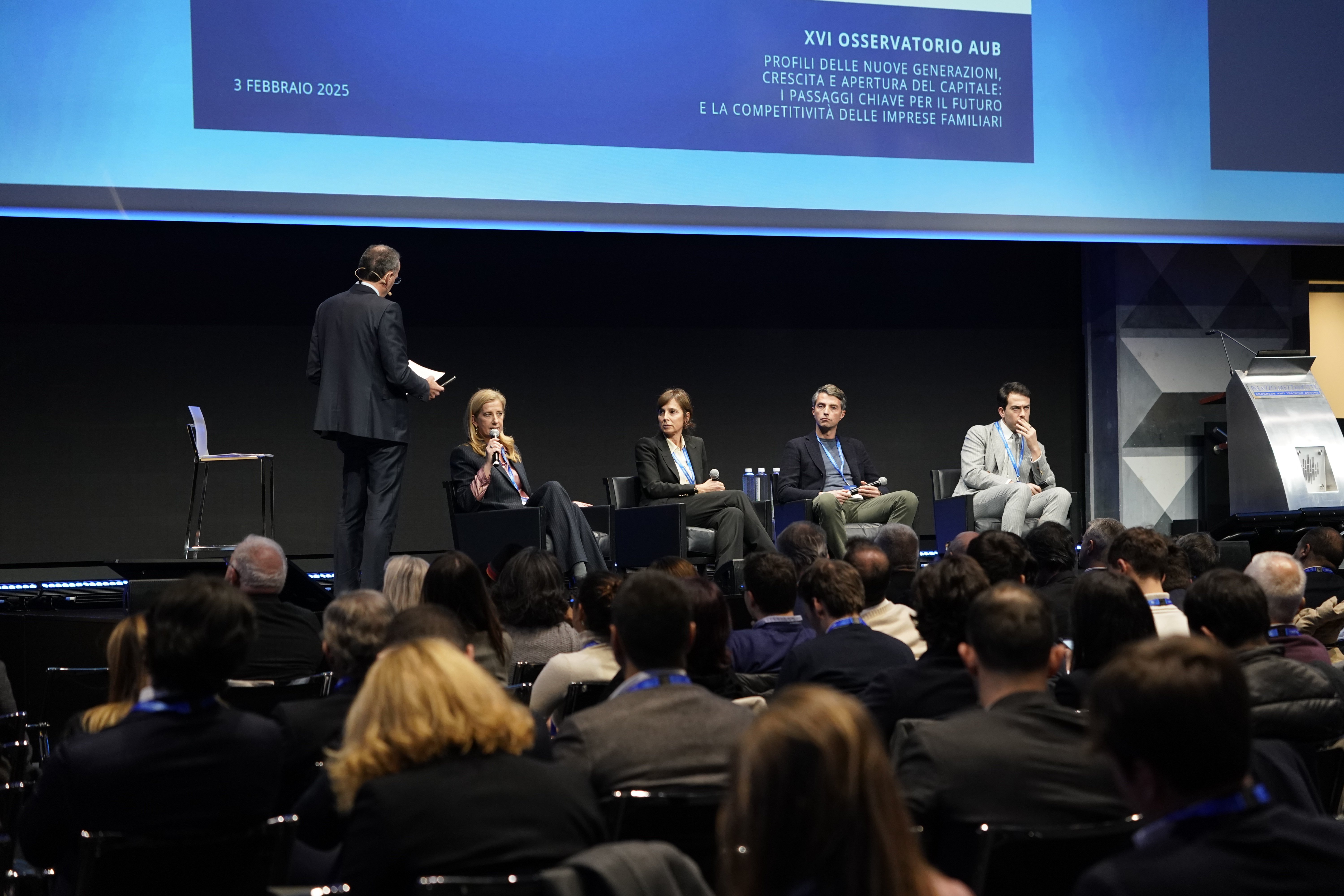XII EDITION OF THE OBSERVATORY
Italian Family Businesses in the Face of the Covid-19 Pandemic
The AUB Observatory (AIDAF, UniCredit, Bocconi), launched in 2007 also with the support of the Cordusio Group, the Italian Stock Exchange (Borsa Italiana), the Chamber of Commerce of Milan-MonzaBrianza-Lodi, and the Angelini foundation (Fondazione Angelini), monitors all Italian family businesses with a turnover of at least €20mln: 17,984 companies, of which 11,808 are family-owned (65.6%). The analysis shows that, compared to the beginning of 2009, the share of family businesses with a truly compromised capital or financial structure (negative equity or EBITDA) had dropped from 4.3% to 3.4% and the share of businesses with critical solidity indicators had dropped by ten points (from 38.8% to 29.9%), while businesses with liquidity in excess of debt had risen from 17.7% to 29.5%.
According to the XII AUB Observatory, 33% have a capital and financial structure inadequate to face the pandemic and 25 or 30% could enter bankruptcy or liquidation processes if they do not resort to recapitalizations with equity. The crisis triggered in 2020 by the pandemic has twice the impact on Italian GDP than the one that began in 2008-2009, which forced 17.5% of Italian family businesses to enter bankruptcy or liquidation processes in the following decade. According to the calculations of the XII AUB Observatory, 25-30% of family businesses are thus at risk, despite they entered 2020 in a better equity, income and financial situation than in 2009.
The results of the twelfth edition of the AUB Observatory were presented on January 26th, 2021, by Guido Corbetta and Fabio Quarato of the AIDAF-EY Chair in Strategic Management in Family Business in memory of Alberto Falck. In this edition, the Observatory presented also a comparison of the 1.000 largest companies by turnover in France, Germany, Italy and Spain.
“Apart from the hope that the recovery, this time, will be faster, our analysis shows that the only way out is a greater recourse to equity, accompanied by an opening to non-family leadership and hopefully its rejuvenation”, explains Guido Corbetta, holder of the AIDAF-EY Chair in Strategic Management in family Business in memory of Alberto Falck at Bocconi.
The Observatory concludes with an initial analysis of the reaction of family businesses to the pandemic crisis, conducted on listed companies (banks and insurance companies excluded). “The data confirm the great responsiveness of family companies and the market's appreciation for such a characteristic”, says Fabio Quarato. Although starting from a decidedly lower level (25% vs. 43% of the total sample, which includes family and non-family members), family businesses almost caught up with the others in the use of smart working (85% vs. 93% of the total sample) during 2020. Moreover, in 77% of cases, family businesses had taken steps to provide support to employees, especially from a safety perspective (protocols and provision of personal protective equipment).
-
FileReport AUB 26.01.2021_ENG.pdf (675.78 KB)
-
FileExecutive Summary AUB XII edizione_ENG.pdf (225.16 KB)
